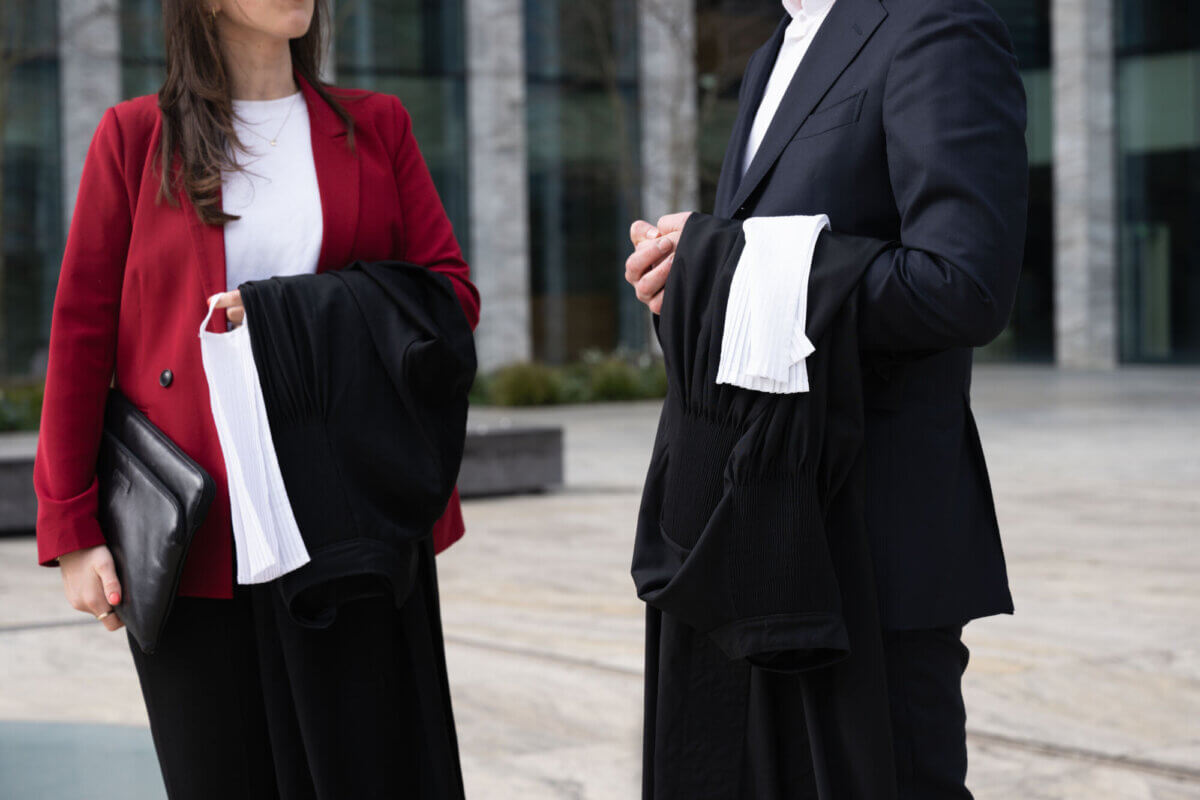European Commission announces consultation on sustainability within competition law
Last week EU Competition Commissioner Margrethe Vestager announced that the European Commission (Commission) will launch a public consultation on competition law and sustainability. We expect the Commission to publish a call for contributions in the next few weeks. Vestager mentions that this consultation follows recent initiatives by the Dutch and Greek competition authorities, both of which focus on sustainability in the context of competition.
Background
Vestager announced the consultation at an event hosted by her own party, the Renew Europe Group. She stated that although sustainability and competition do not always go hand in hand, the “competition rules already play a vital role, in helping us achieve our green goals”. Vestager points out that competition policy already provides an incentive for the development of new technologies and keeping prices low, offering consumers the possibility to choose for green alternatives at affordable prices. According to Vestager, state aid rules also play a crucial role in keeping green energy affordable, as these rules ensure that “aid doesn’t go beyond the amount that’s really needed, and that taxpayers’ money isn’t wasted on investments that the private sector would have made anyway”. Still, Vestager wonders what else competition authorities could do to achieve the climate goals.
According to Vestager, “the time has come to launch a European debate on how EU competition policy can best support the Green Deal”. In this regard the Commission is not just looking for input from competition experts, but would like to hear from different stakeholders, including industry, environmental groups and consumer organisations. Based on their input, the Commission intends to organise a conference on the potential for competition policy in supporting the European Green Deal.
Ideas for a greener competition policy
Vestager wonders how state aid could further stimulate the use of green energy and proposes several ideas. First, she discusses the idea of providing incentives for governments to ‘think greener’. This could in practice entail that governments would only support building projects if recycled materials are being used. In addition, she suggests the a “green bonus”, whereby governments may grant more support if it concerns projects that contribute to achieving certain climate goals.
Another idea raised by Vestager is to impose extra requirements on state aid, such as prohibiting state aid for projects that are not in line with the European Green Deal. Vestager also states that the Commission may reject state aid to projects that are harmful to the environment, within the limits of the EU Treaty and the rights of the Member States.
Finally, Vestager wonders how competition rules could encourage industry to ‘produce greener’. She herself encourages companies to work together on green energy as long as this does not undermine competition, and harm European consumers. Vestager acknowledges that in practice it is often difficult for companies to determine whether sustainability agreements fall within the scope of the competition rules. Therefore, she ensures that the Commission intends to provide more clarity in this regard.
Dutch draft guideline on sustainable initiatives
The Commission’s announcement follows the publication of a draft ‘Guideline for sustainability agreements’ by the Dutch Competition Authority (ACM), in which it aims to provide guidance on the room for companies to collaborate in the context of sustainability, without violating the competition rules.
As discussed in our previous article on the publication of the draft guidelines, the ACM has proposed that, in limited circumstances, not only the advantages for the users in the relevant market but also the advantages for society as a whole may be taken into the equation. In this regard, the ACM’s draft guideline deviates from the Commission’s (and the ACM’s) position thus far, which, to date, has only considered the advantages for ‘direct’ users.
Although the Commission responded positively to the ACM’s initiative to provide guidance on the extent to which cooperation with a sustainable goal complies with competition law, it remains to be seen whether the Commission agrees on the content of the ACM’s guidance and its approach to the assessment of sustainability initiatives. We are curious to see whether the Commission will follow or deviate from this approach.
More information
Our European and Competition Law team has extensive experience in the field of competition law and sustainability. In case you would like to know more about this subject or if you have any other questions about competition law, do not hesitate to contact us. Further, if you would like us to take on board your interests in a response to the consultation of the European Commission, we would be happy to do so.





